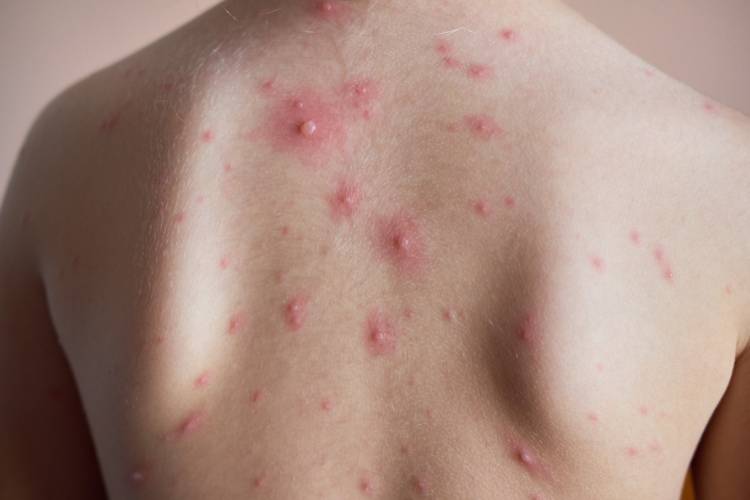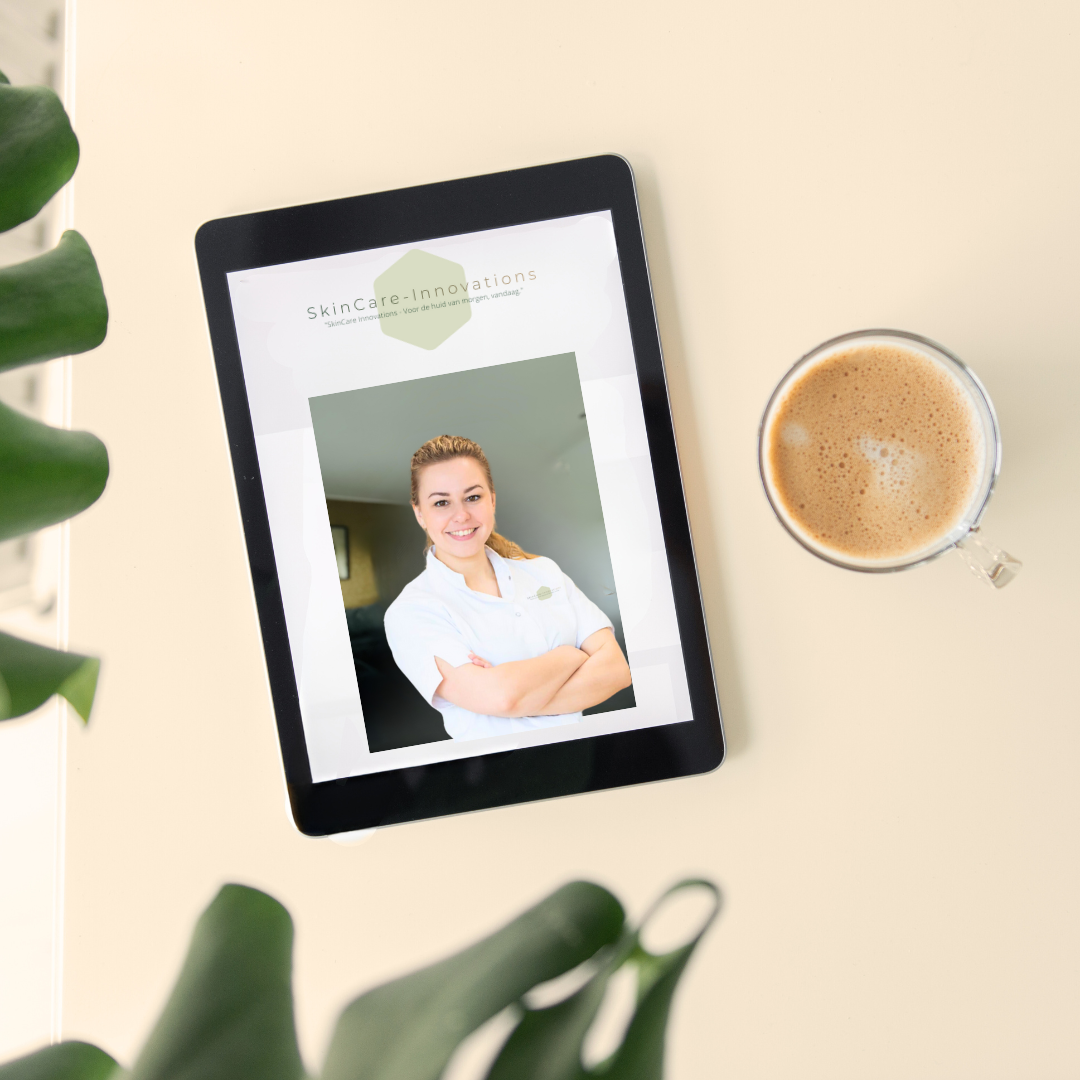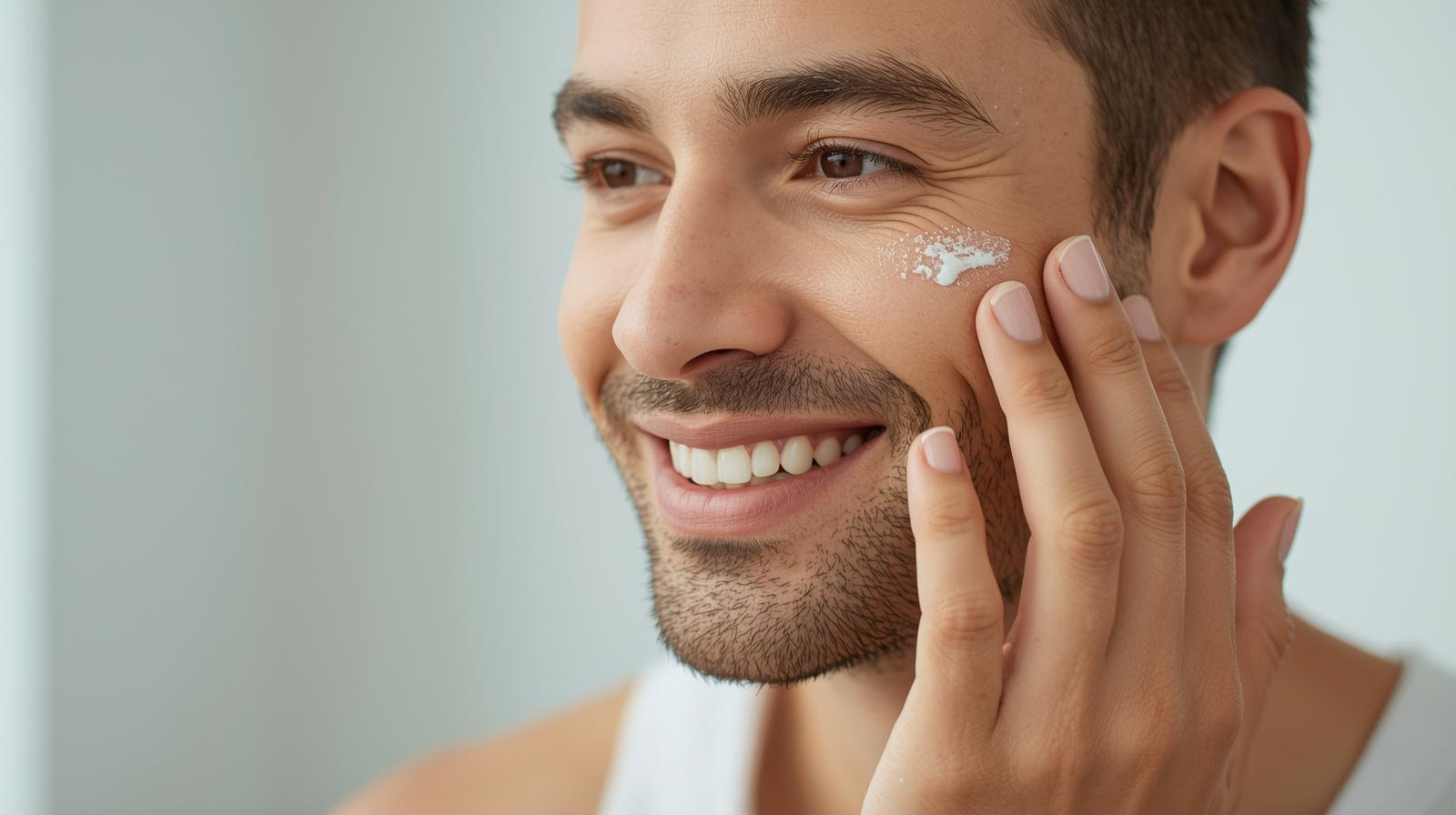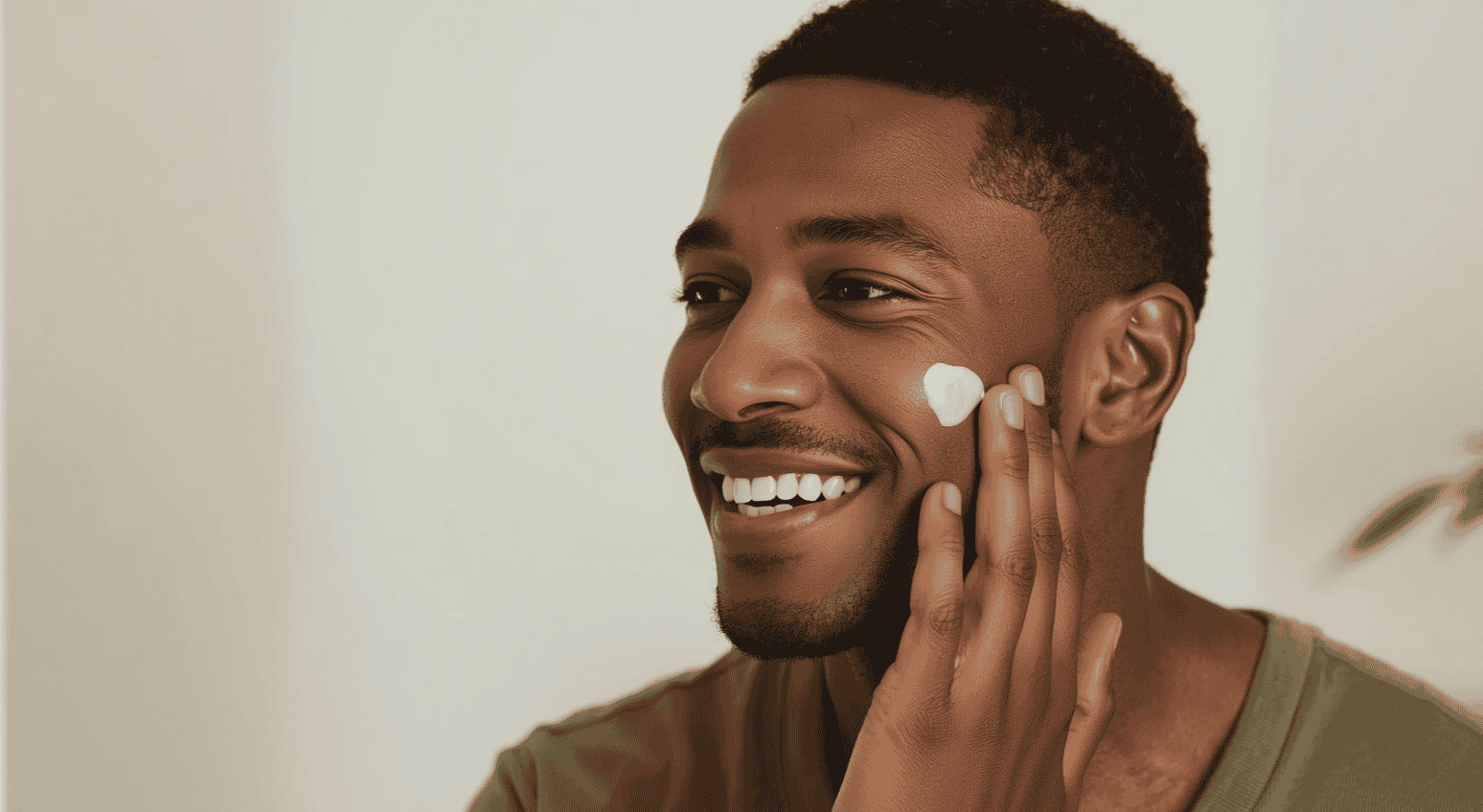
Acne
"Acne often occurs during puberty, but adults can also suffer from it. Hormonal fluctuations, diet and cosmetics play a role. How do you care for skin with pimples and what really helps?"
Everything you need to know about acne
Acne is a common skin condition that usually begins during puberty, but can also occur later in life. Although hormonal changes are often the main cause, factors such as
lifestyle, diet and cosmetics also contribute to impurities.

“Acne can be a complex and persistent condition with many causes and manifestations. It is important to understand what is causing your acne so that you can apply the right treatments and skin care...”
Love Amy

Online advice
Online consultation with a skin therapist is structured and personal, where I use modern technology to help you remotely. Here is how the process usually goes:
Make an appointment : I make an appointment via my website or app, often with the possibility to fill in questionnaires about your skin problems, skin type and previous treatments. This gives me a good first picture of your situation.
Preparation: Sometimes I ask you to send pictures of your skin, so I can get a clear picture of your skin condition. We can also schedule video calls for a personal conversation.
Online consultation: During the consultation I will discuss your complaints and goals via video, telephone or chat. I will ask specific questions about your skin problems and skin care routine.
Personal advice: Based on our analysis, I provide personalized advice on skin care products, lifestyle tips and any additional treatments.
Aftercare and follow-up: After the consultation you will receive a summary of my advice and a step-by-step plan. I offer follow-up, so that we can discuss your progress and make adjustments where necessary.
Benefits of online advice:
Accessibility: You get advice from home, without traveling.
Time efficient: No travel time, and flexible appointments.
Personal advice: Everything is tailored to your skin type and problems.
Online skin advice offers a convenient and effective way to get personal help for skin problems, with my expertise as a skin therapist.
Love Amy


